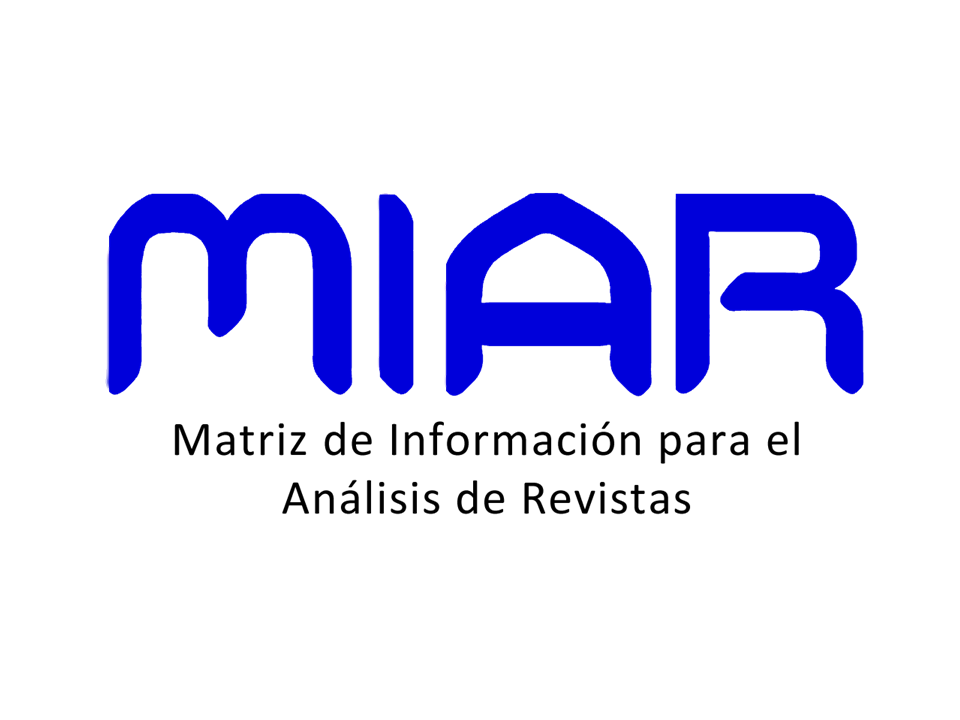PORTUGUÊS LÍNGUA ESTRANGEIRA (PLE) NA CHINA: REFLEXÕES TEÓRICAS E PRÁTICAS SOBRE O LUGAR DA GRAMÁTICA NO ENSINO-APRENDIZAGEM DA LÍNGUA PORTUGUESA
DOI:
https://doi.org/10.22478/ufpb.1983-9979.2020v15n1.52199Keywords:
Português Língua Estrangeira (PLE), China, Ensino-aprendizagem de línguas estrangeiras, GramáticaAbstract
This article aims to present to the world of the Portuguese language the general panorama of teaching and learning Portuguese as a Foreign Language (PLE) in China, where the presence of the Portuguese language and culture has been increasingly expressive in the scope of undergraduate courses in Foreign Languages (LEs) in the past two decades. Based on the pedagogical experience and the positioning of a PLE teacher in training, the author reflects the place of grammar in the context of PLE, investigating the meanings of grammar and methods of teaching foreign languages, proposed by researchers in the area (TRAVAGLIA, 2005 ; LEFFA, 1988), and particularly evidenced in the PLE textbooks for Chinese, finally, emphasizes the relevance of teachers rethinking how to teach grammar in PLE classes so that Chinese students can interact with the Portuguese language more adequately and effective. Thus, it promotes better training of Portuguese language and culture talents in the Asian space and more interactions between China and Portuguese-speaking countries.










